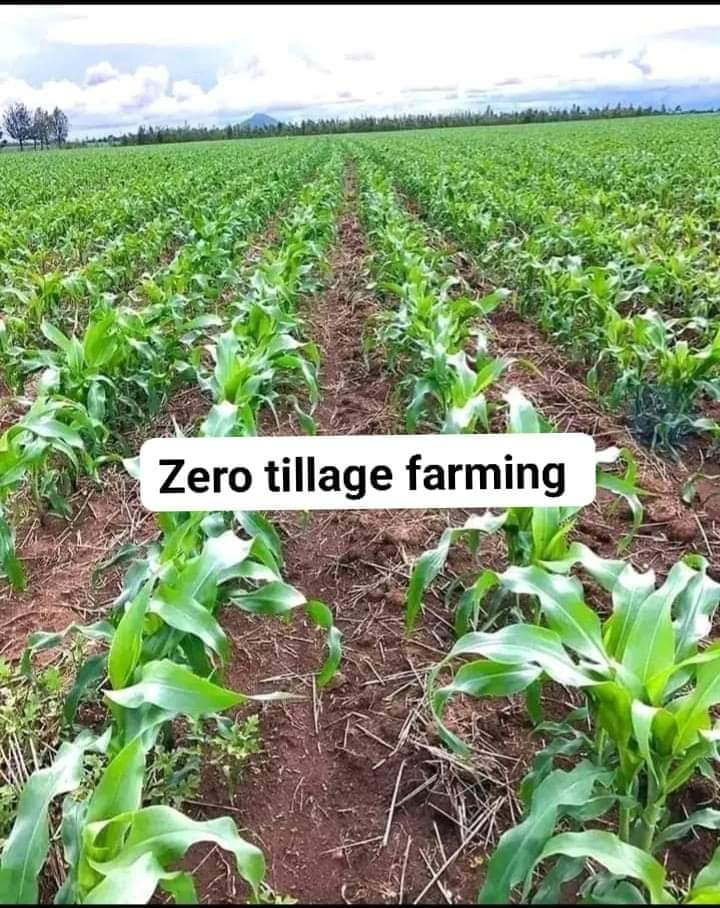Zero tillage farming, often referred to as no-till farming, is an agricultural practice that involves growing crops without disturbing the soil through plowing or tilling. This method has gained traction as a sustainable alternative to conventional farming, primarily due to its numerous environmental and economic benefits.
Benefits of Zero Tillage
Soil Health: By avoiding soil disturbance, zero tillage preserves soil structure and promotes the natural ecosystem. It enhances organic matter retention, improves moisture conservation, and boosts microbial activity, leading to healthier crops.
Erosion Control: Without tilling, the soil is better protected from erosion by wind and water. Crop residues left on the surface act as a barrier, reducing runoff and promoting water infiltration.
Carbon Sequestration: Zero tillage can significantly reduce greenhouse gas emissions. By maintaining soil carbon levels and encouraging carbon sequestration, this method contributes to climate change mitigation.
Cost Efficiency: Farmers can save on fuel and labor costs since tillage equipment is unnecessary. Additionally, improved soil health often leads to higher yields over time, making it a financially viable option.
Weed Management: While zero tillage can initially lead to weed challenges, over time, it encourages a more balanced ecosystem that can help manage weed populations naturally.
Implementation Challenges
Transitioning to zero tillage can pose challenges for farmers, including the need for new equipment and potential initial yield reductions as the ecosystem adjusts. Education and support from agricultural extension services can help mitigate these issues.
Conclusion
Zero tillage farming presents a sustainable solution for modern agriculture, offering numerous benefits for soil health, the environment, and economic viability.
Regards
Dr. Adarsha Gowda
Chairperson of Entrepreneurship & Consultancy
Head, Dept of Food Science,
Dept of Food Processing,
St Aloysius (Deemed to be University)
Mangaluru, Karnataka, India.


No comments:
Post a Comment